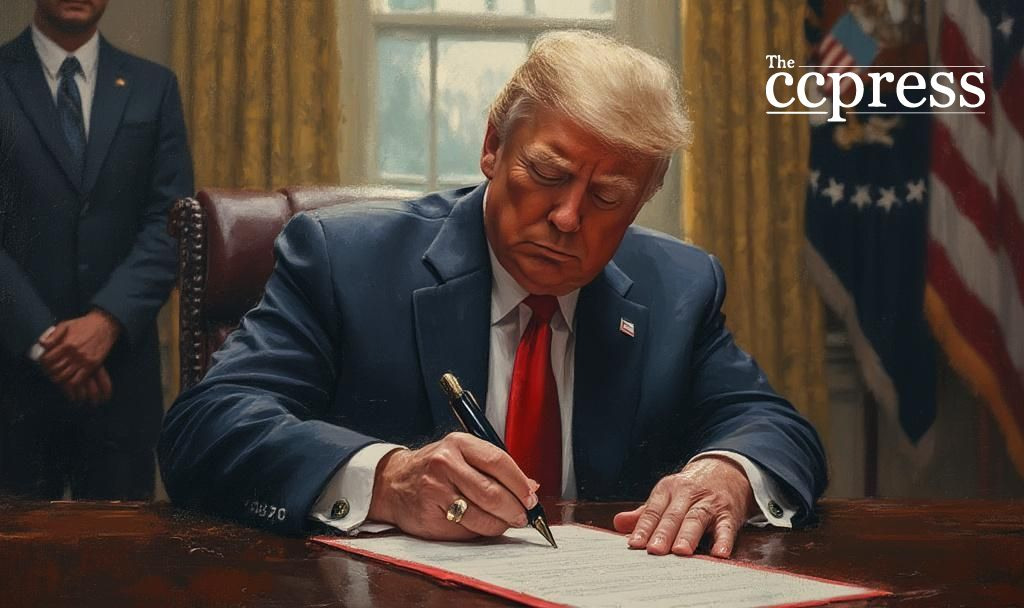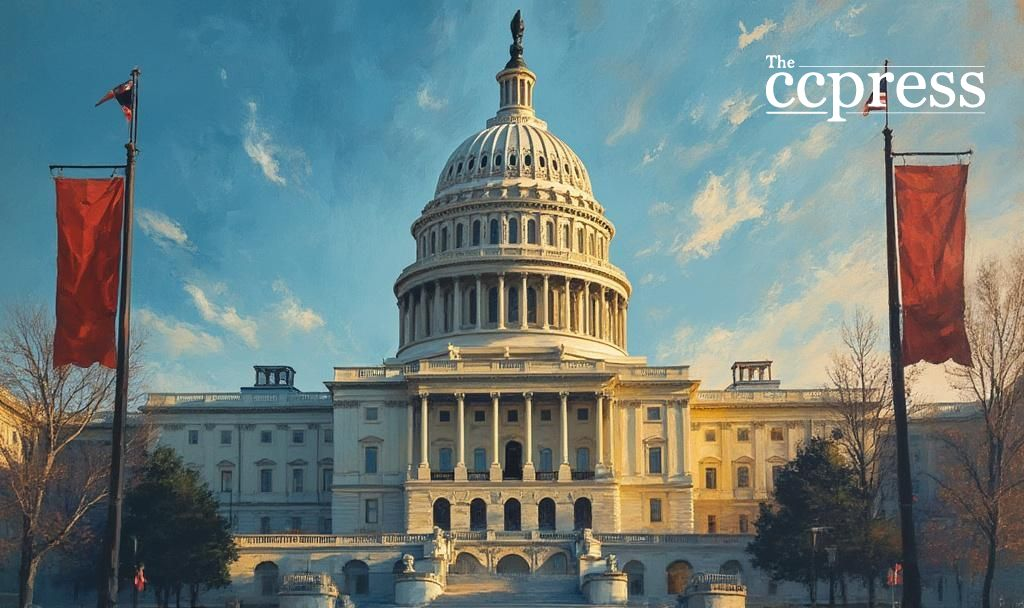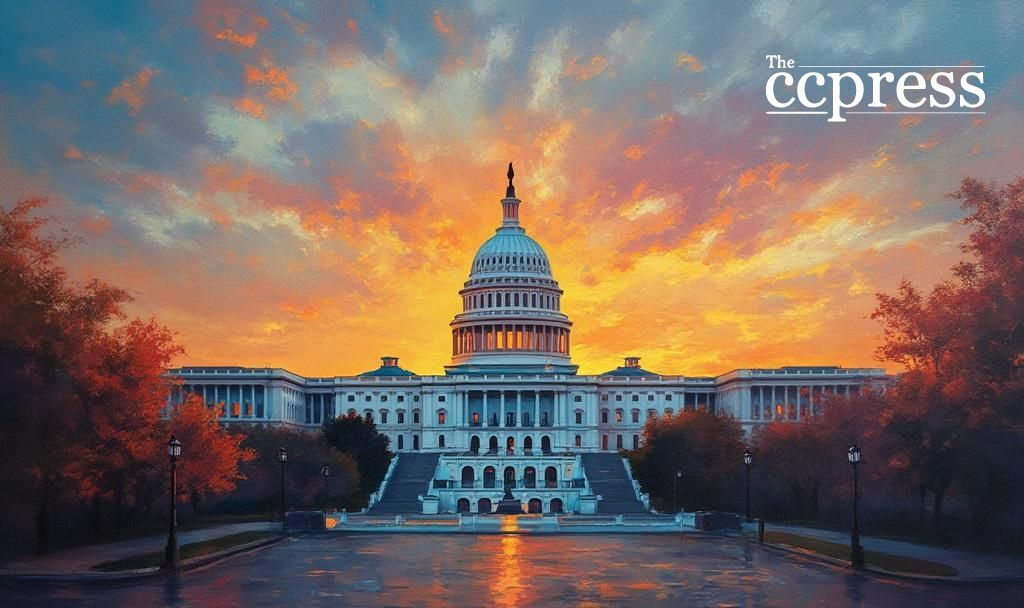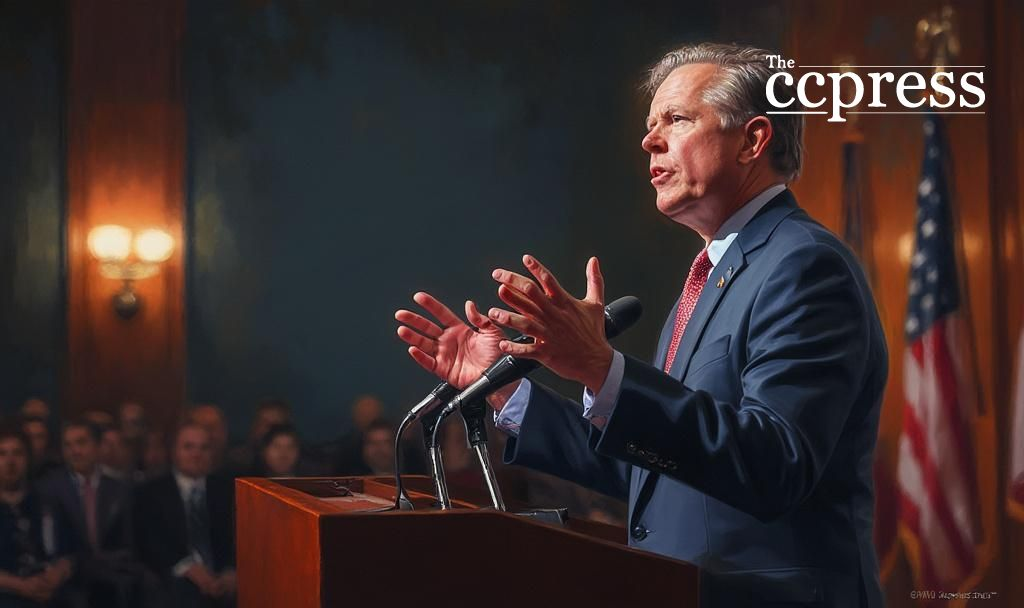- The U.S. government supports IRS’s legal access to Coinbase records.
- Significant change in privacy vs. tax law debate.
- Implications for future cryptocurrency tax audits.

James Harper’s Case Against IRS
Legal Proceedings
James Harper’s legal challenge against the IRS accessing Coinbase records was opposed by the U.S. government, represented by Solicitor General D. John Sauer, citing voluntary data-sharing rules.
Debate Intensifies
This event intensifies the debate between tax enforcement and privacy rights as new crypto reporting laws approach, potentially shaping future IRS practices.
James Harper challenges the IRS’s use of a “John Doe” summons to access his records. The government argues he lost privacy rights by sharing data with Coinbase. Harper contends this was an unconstitutional search, emphasizing that “The IRS’s actions amounted to an unconstitutional search of his personal records.”
Background and Implications
The scenario stems from a 2016 IRS inquiry into tax underreporting on cryptocurrency gains. The legal battle is set against impending IRS reporting requirements. From January 2025, centralized exchanges must report user transaction data.
The court’s stance could influence crypto tax policy. Increased legal clarity is expected to impact crypto users, possibly leading to heightened awareness and compliance. The case underscores the evolving landscape of crypto regulation.
Potential outcomes may redefine privacy expectations for crypto transactions. Given the IRS’s history of monitoring since 2015, further clarity on regulatory and financial practices could emerge. Investors question how these norms might evolve amidst technological advances.
| Disclaimer: The content on The CCPress is provided for informational purposes only and should not be considered financial or investment advice. Cryptocurrency investments carry inherent risks. Please consult a qualified financial advisor before making any investment decisions. |






























